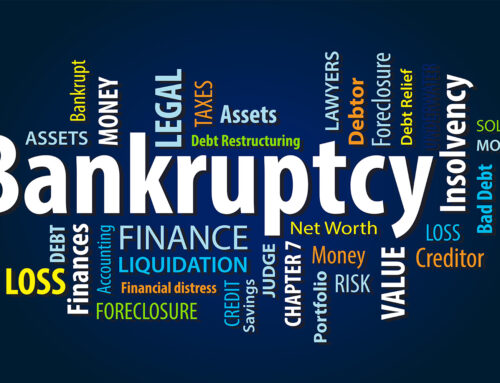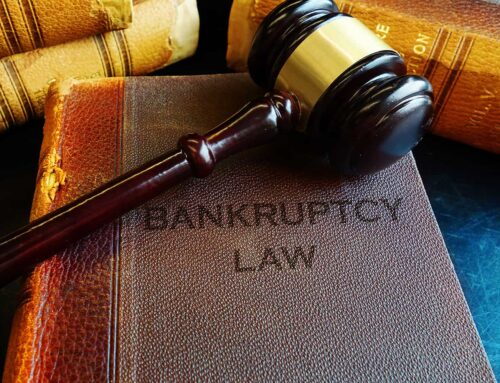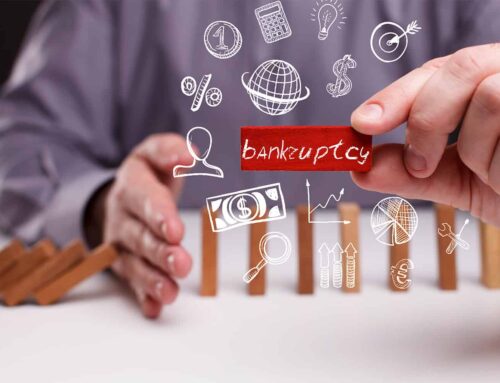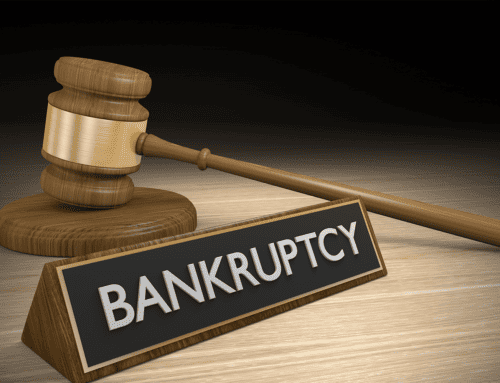Are you overwhelmed with debt and feel that you can never dig your way out? In many cases, filing for bankruptcy can provide a fresh start. Both Chapter 7 and Chapter 13 are used for personal bankruptcy. Alternatively, a debt reduction plan might be right for you. We at Brent George Law can help you decide the best course of action for your situation.
Causes of Bankruptcy
Many things can lead people down the road of having to file for bankruptcy, especially in the current economic environment. Some of the most common are:
- Medical expenses
- Loss of income
- Divorce
- Overextended use of credit
Large medical expenses are the number one reason that people file for bankruptcy in America. This is especially true for seniors.
Benefits of Filing for Bankruptcy
In addition to providing a new start, financially speaking, filing for bankruptcy can provide some immediate benefits. Your bankruptcy attorney can advise the particulars in your case, but generally, the proceedings afford:
- Automatic stay protection that stops collection attempts and garnishments
- Can prevent foreclosure of your home
- Can prevent utilities from being turned off
Chapter 7 Bankruptcy
In a nutshell, a Chapter 7 bankruptcy discharges your unsecured debt. This is handled by a court-appointed trustee who sells your nonexempt property in order to repay unsecured creditors. It typically takes 3 to 4 months to complete a Chapter 7 proceeding.
Normally, you are allowed to keep most of your property. However, if you have a lot of nonexempt property, a Chapter 7 bankruptcy might not be the right choice for you.
Chapter 13 Bankruptcy
A Chapter 13 bankruptcy differs in that you will be repaying your creditors through a repayment plan that is filed with the court. This may involve repaying some creditors in full and some in part. The repayment plan lasts from three to five years, and it usually culminates in a discharge of unsecured debts.
Should You File for a Chapter 7 or Chapter 13 Bankruptcy?
Generally speaking, high income earners are not eligible to file under Chapter 7. The court will apply a means test. If your income falls below the median income for your state, you will most likely pass the means test and be eligible under Chapter 7.
Chapter 13 eligibility requires a regular income in order to handle the payments under the repayment plan. There are no income requirements under Chapter 13. However, unsecured debt must be under $383, 175, and secured debt can be no higher than $1,142,525.
Start Fresh
Whether you are considering filing for a Chapter 7 or a Chapter 13 bankruptcy, or even a debt reduction plan, consulting with a bankruptcy attorney like at Brent George Law can clarify your options and get you started on the road to financial health.






